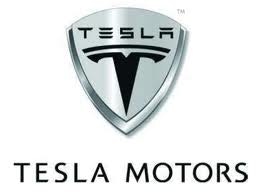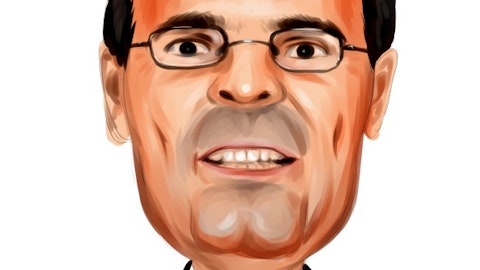
Tesla Motors media debacle
Tesla Motors Chief Executive Officer Elon Musk insists that a range test conducted by the New York Times of the Model S electric sedan was “fake” as the reporter did not provide the details of his drive.
The New York Times published a story prepared by John M. Broder on its website, providing details about how the Model S he drove could not meet the electric sedan’s 300-mile (483-kilometer) range under perfect and best conditions whilst driving in temperatures as low as 10 degrees Fahrenheit. It also published a blog posted by Broder about the test-drive he did, providing his plan to use the Tesla Motors Inc (NASDAQ:TSLA)’s new supercharger stations. Eileen Murphy, a spokeswoman of New York Times said that Broder followed all the instructions which he was provided through multiple conversations with the company’s people. She also said that the story was completely factual as it described the trip in detail and explained whatever actually happened. Any proposition that the story is “fake” is certainly untrue.
In response, Musk, the biggest shareholder of the company, said that the company’s blog is being prepared to offer detail about Border’s drive and explain what actually happened. He said that Broder made three mistakes during his test drive: first, Broder did not fully charge the car; second, he drove rush hour in New York; and third, he drove over the speed limit. Musk said, “You can’t do that, whether it’s a gasoline car or an electric car, and expect to achieve the top range.”
In response Border said on New York Times that his account was not fake and said that it happened just the way he described it. The Times said that it is not the first time that Musk has been critical of a media report about the electric vehicle range. In 2008, the Top Gear BBC television show used data loggers in test cars post an unflattering review of the company’s first model, the Roadster. The company filed a suit against the program in 2011 for alleging libel and malicious falsehood, stating that Top Gear faked a scene that displayed to show the Roadster was running out of energy. According to reports of the Telegraph and Guardian newspapers, British courts have dismissed the suits in October 2011 and February 2012.
According to Musk, “If we have been wronged and facts are on our side, I believe in speaking out…It is not as if I do this all the time — several thousand articles have been written and I have only objected to a few of them.” The New York Times tale and blog post detailed a test drive on Interstate 95 on the US East Coast. Broder intended to recharge the car using rapid charge stations the company has installed in Delaware and Connecticut, during his drive. The company is in the process installing various stations to fulfill Musk’s goal of making it possible to drive cross-country in a Model S. During the journey, Broder said that the car ran out of power and had to be carried on a flatbed truck.





